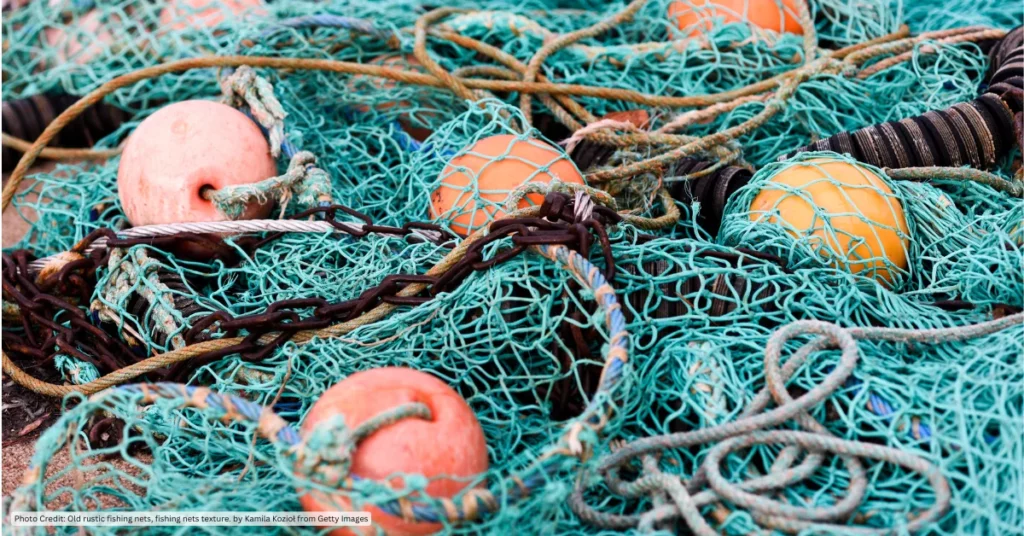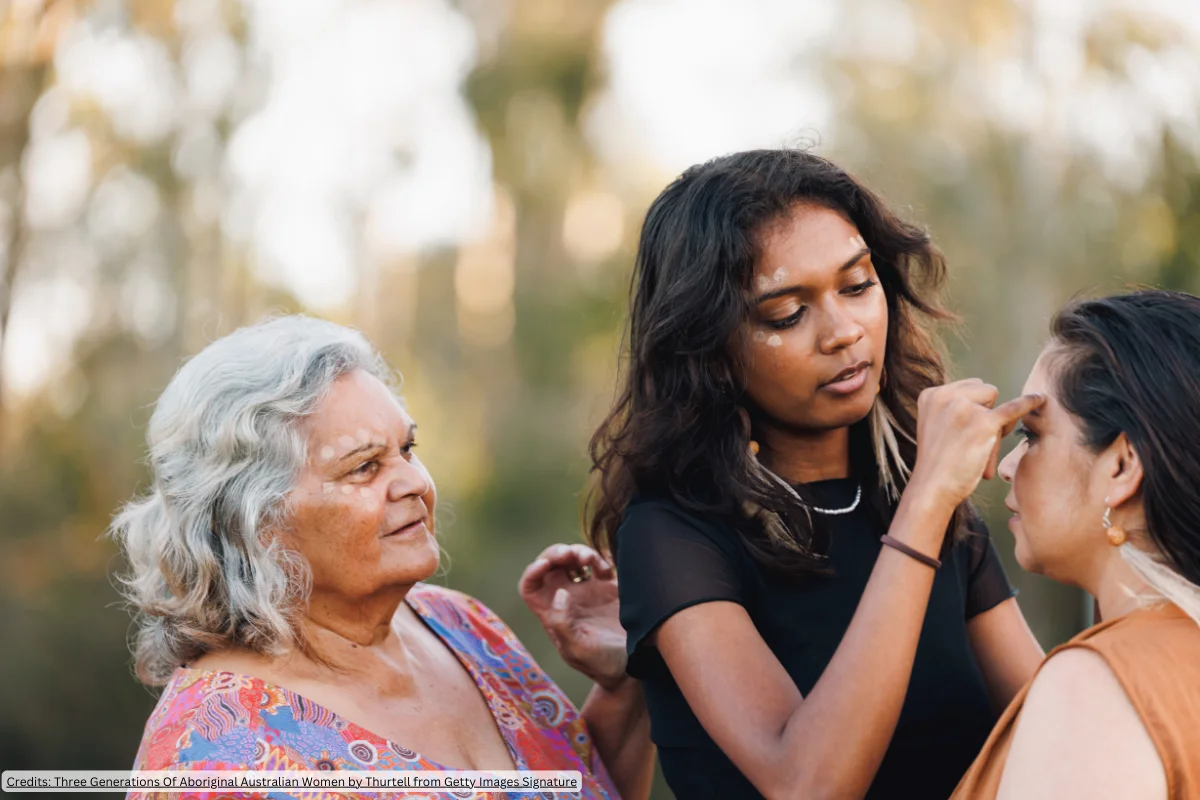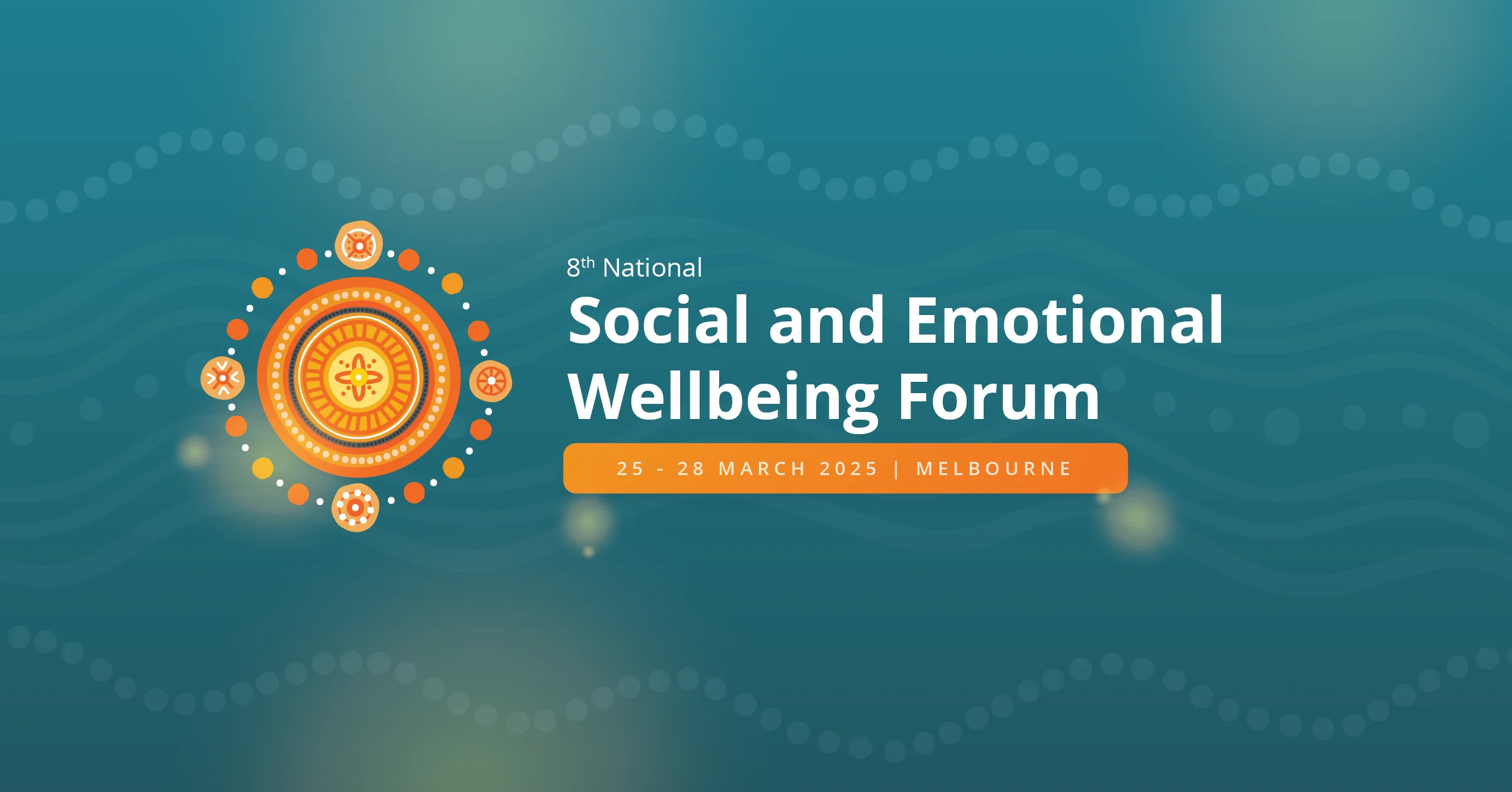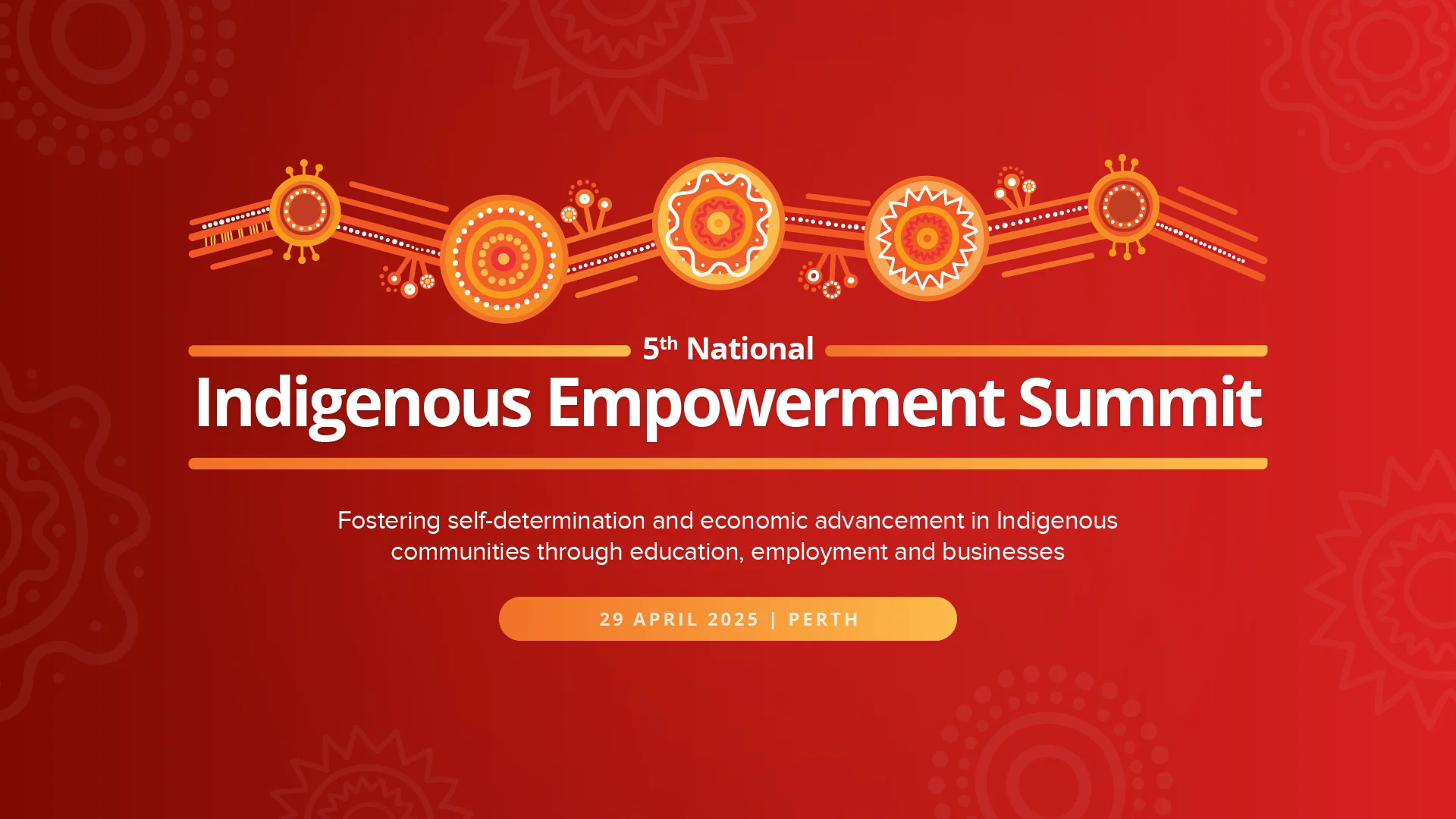OceanEarth Foundation is pleased with the Australian Government’s announcement to intensify efforts against ghost nets.
These lost, abandoned, and discarded fishing nets are causing significant harm in the Arafura and Timor Seas.
This announcement, made during the Global Nature Positive Summit in Sydney, sees Australia join the Global Ghost Gear Initiative (GGGI), the largest marine alliance committed to combating ghost nets worldwide, in addition to committing $1.4 million to support regional action to tackle ghost nets in shared waters.
Ghost nets, which can stretch over six kilometres and weigh several tonnes, are one of the most severe threats to marine life – indiscriminately trapping, entangling, and drowning countless species including marine mammals, seabirds and sea turtles.
These abandoned nets also cause long-lasting damage to sensitive marine habitats, compounding the biodiversity crisis in the ocean.
“This is an important and very welcome first step by the Government in addressing the source of a critical environmental and social issue for Northern Australia,” said Anissa Lawrence, Managing Director, OceanEarth Foundation.
“Ghost nets are the silent killers haunting our oceans, and their impact is profound. We are proud to support Australia’s leadership on this front, working collaboratively with the Government and our regional neighbours, but more will need to be done.”
Related: $1 million in funding to help restore local environments
OceanEarth Foundation’s GhostNets Australia program, an inaugural member of GGGI, has been at the forefront of ghost net mitigation for over two decades.
Committed to stopping ghost nets at the source, the program works with governments, industry and communities to prevent ghost gear from entering the ocean. Determined to eliminate ghost gear from international sources in northern Australia waters by 2030, the Foundation is dedicated to sustainable, long-term solutions.
“As a global hotspot, ghost nets in the Arafura Sea degrade the marine ecosystems, and the social systems that rely on them – impacting around 1.6 million people. GhostNets Australia is aiming to keep plastic from entering the ocean by creating wealth from waste opportunities in East Indonesia, through social enterprises including for waste-to-energy initiatives and fishing gear recycling; address the legacy ghost nets within the Arafura Sea through a world-first seabed clean up that helps restore connection to country and reduce the clean-up burden on First Nations communities; and, provide in-situ fit-for-purpose recycling and disposal solutions in Northern Australian to capitalise on this material, create jobs and help heal country and people.”
“OceanEarth is committed to working with the Australian Government in implementing this work and together with regional partners, we are confident that significant progress can be made towards a more nature-positive future,” concluded Lawrence.
Ghost nets are the deadliest form of marine plastic debris and in some places represent over half of all marine debris. It is estimated that between 500,000 and 1 million tonnes of fishing gear gets left in the ocean annually.












